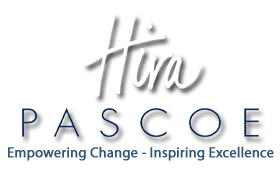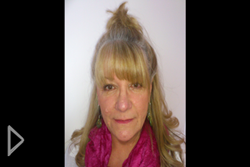General information
Some of the benefits you may gain from counselling:
- Understand and gain clarity on the problems you may be experiencing
- Discover new ways of solving problems
- Make steps in any decision making process you are caught in
- Develop strong communication skills – maintaining them even under pressure
- Change old self defeating behaviour patterns including addictions
- Cope with crisis
- Live close to your values and rediscover motivation and passion
- Escape destructive or violent influences
- Recover from sexual abuse
- Restore creativity and ‘staying power’
- Move fully back into life after crisis, life threatening illness or bereavement
- Create or repair loving relationships
- Manage difficult emotions including anger and anxiety
- Overcome depression
- Develop real resourcefulness and strength
- Explore and gently release the impact of family history and ultimately recognise that our biography need not determine our future
- Develop greater self awareness
- Establish a vision, create goals and formulate a step by step way towards a chosen future
There are several definitions of counselling and within those definitions, themes of exploration, crisis support, problem solving, understanding and clarification of goals exist. Similarly, there are several models of counselling with different theoretical frameworks.
I work in a way which integrates several different theories, assessing what may be most appropriate for a client. As an example, someone who has acute anxiety problems may find great improvement with the use of a cognitive- behavioural approach whilst someone who is bereaved may need far more of an approach of me “journeying alongside them”, allowing time and the grieving process, whilst paying special attention to anything which may inhibit the grieving. In contrast again, for a family in difficulty, the work is not primarily with the individual, but rather with how the family operates as a system, a dynamic, and this would require a different approach again.
Individuals, couples and sometimes family units are supported through times of conflict and pain, crisis and trauma, change and loss, anxiety and depression. Counselling can help to develop an awareness of both destructive or unhelpful patterns which contribute towards unhappiness as well as a greater awareness of resources which can support the resolution of difficulties.
However counselling is not simply about solving problems or weathering crisis – it can be an opportunity to hear oneself, what is going on just below the surface, what one feels and thinks when freed from the influence of others.
I am often asked what the differences are between counselling and coaching. Very simply, counselling understands the impact the past has made on our capacity for happy and fulfilled living and for recovery from crisis. This impact on our lives and resourcefullness is often taken into account and is sometimes the focus in the counselling process. It is through the resolution of past difficulty; perhaps family patterning or early losses and the finding of what can be quite unconscious habits and responses to life, that the present can be made different. Counselling is a process of discovery of emotional blocks and dysfunctional patterns of behaviour and the journey towards the healing of them. In contrast, coaching assumes that at the time of the coaching, the intensity of the experience which brings someone to counselling, is not at the forfront of your experience. Rather, a sense of balance, of possibility and having the energy to move forward is most likely to be felt together with the relishment of engaging with life in new and exciting ways.
Please feel free to contact me via email on info@hirapascoe.co.uk


